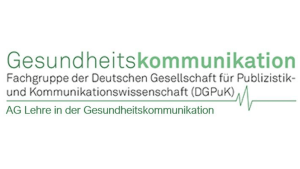Herzlich Willkommen am Institut für Kommunikationswissenschaft!
Das IfKW ist ein international renommiertes Forschungs- und Lehrinstitut in den Bereichen Digitalisierung, Journalismus, Medienpsychologie und Strategische Kommunikation. Unser Institut bietet Studierenden die Möglichkeit, die vielfältige Welt der Kommunikation im Bachelor Kommunikationswissenschaft und im Master Politische Kommunikation zu entdecken. Mit profilierten Forschungsprojekten, engagierten Dozierenden, und einem modernen Lehrangebot sind wir stolz darauf, die nächste Generation von Kommunikationsexpert:innen auszubilden. Das IfKW zeichnet sich zudem durch herausragende Forschung in den Bereichen Kommunikationswissenschaft und Psychologie aus, deren Ergebnisse sich in zahlreichen Beiträgen auf internationalen Konferenzen und in bedeutenden Fachpublikationen widerspiegeln.
Raum 322 (Institutssekretariat)
Ernst-Abbe-Platz 8
07743 Jena
Google Maps – LageplanExterner Link
Postanschrift:
Friedrich-Schiller-Universität JenaFakultät für Sozial- und VerhaltenswissenschaftenInstitut für KommunikationswissenschaftErnst-Abbe-Platz 807743 Jena









